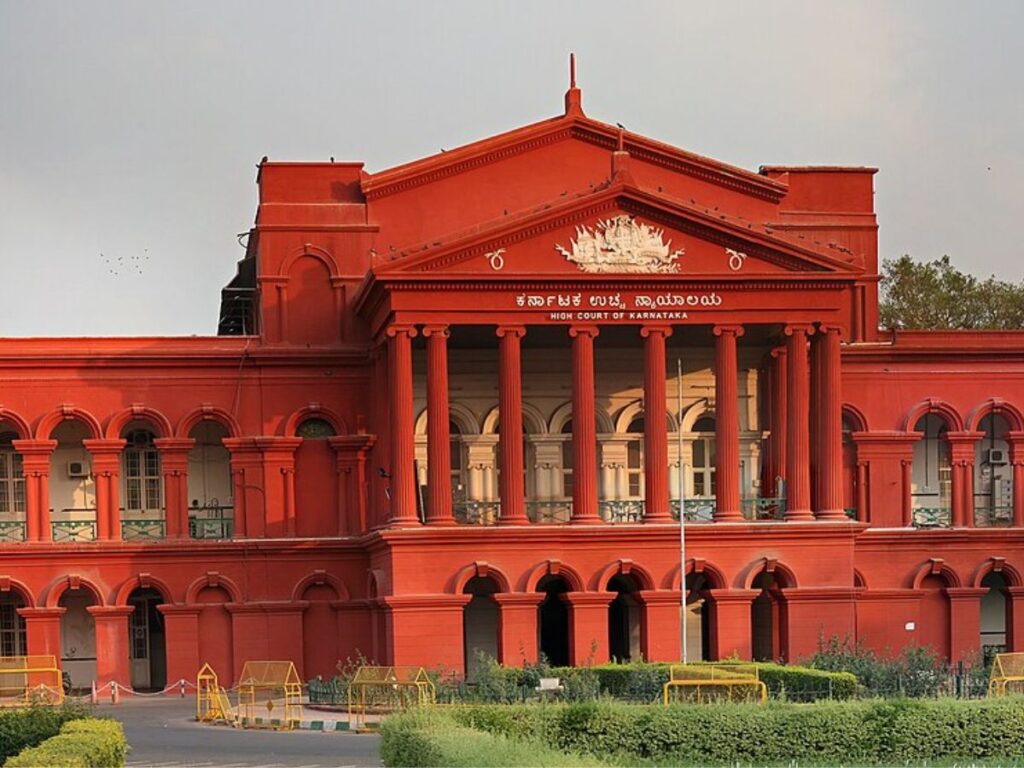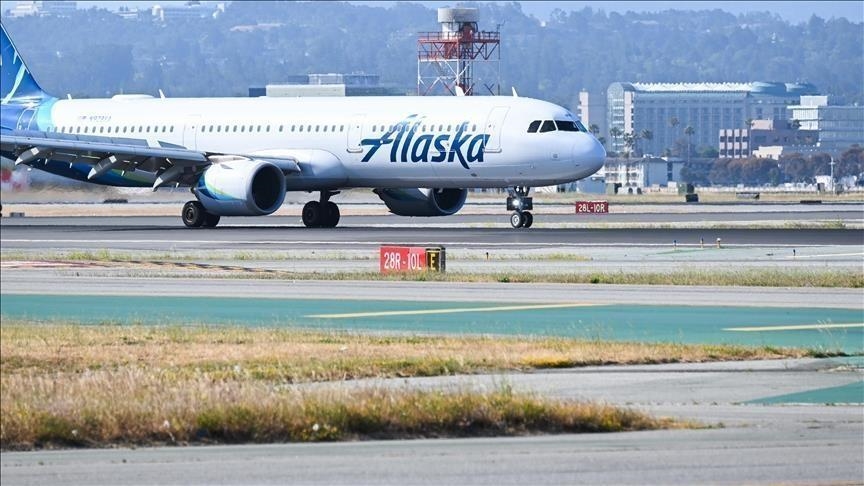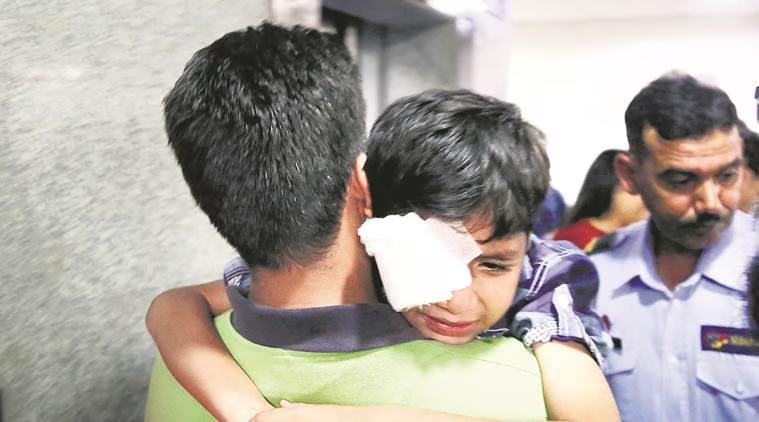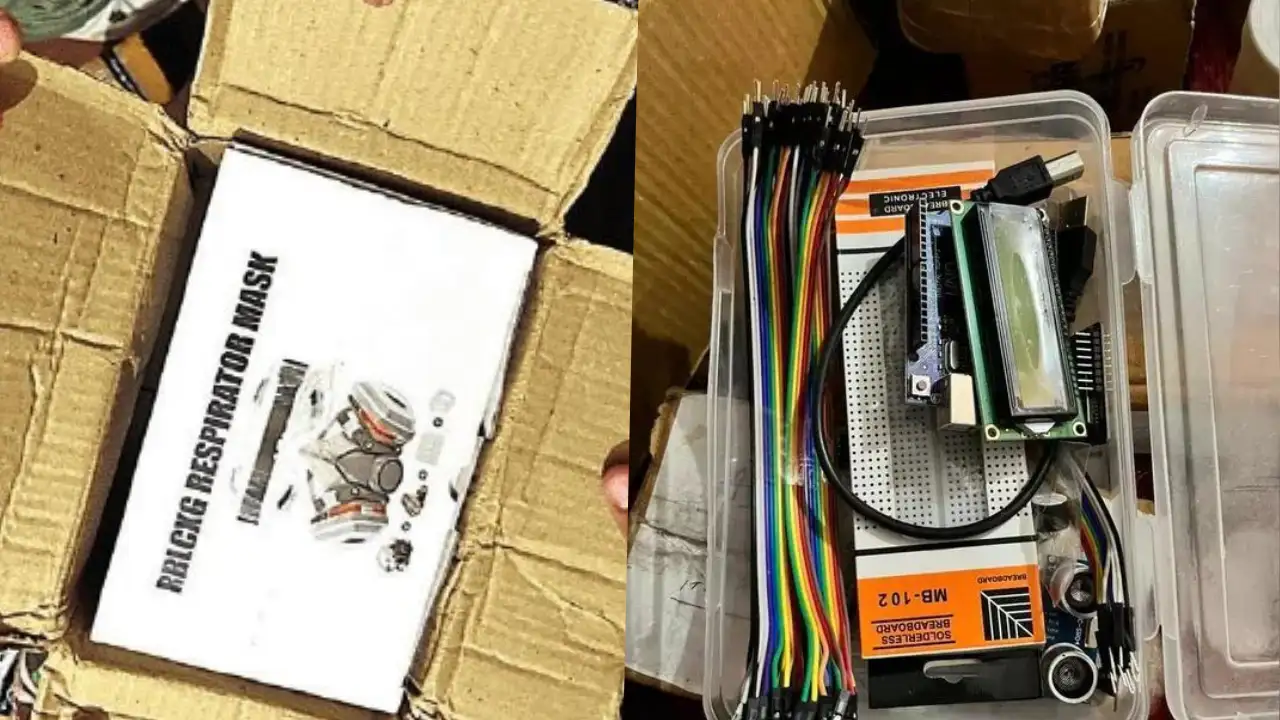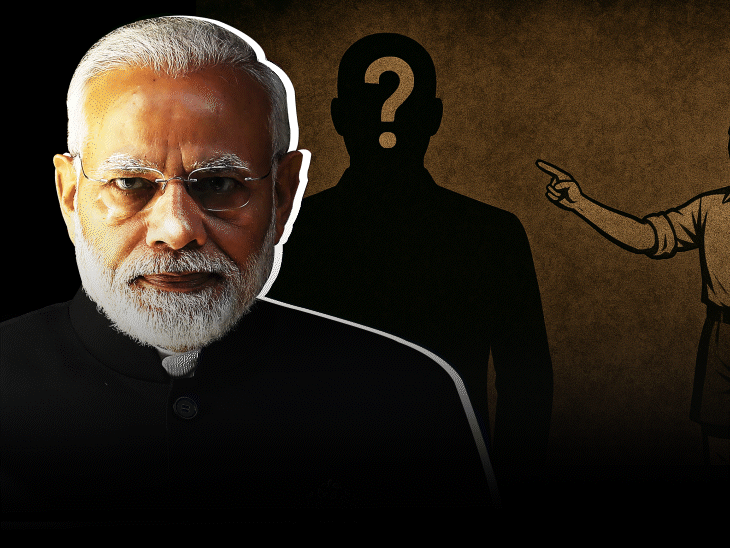Now Reading: Delhi Flight Drama: 200 Passengers Deplaned After Electrical Failure on Dreamliner
-
01
Delhi Flight Drama: 200 Passengers Deplaned After Electrical Failure on Dreamliner
Delhi Flight Drama: 200 Passengers Deplaned After Electrical Failure on Dreamliner
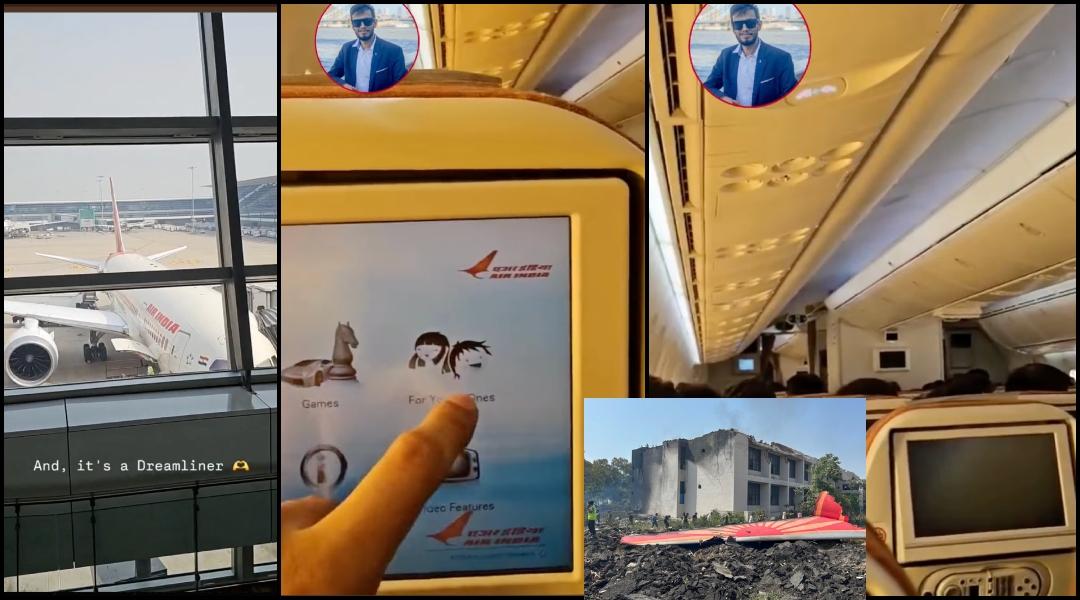
Over 200 travellers bound for Singapore were left stranded inside a Boeing 787-9 Dreamliner at Delhi airport when its air conditioning and electrical systems failed. The incident unfolded late at night, forcing passengers to endure nearly two hours in sweltering conditions before they were finally deplaned to the terminal. The airline crew has not clarified what caused the failure, adding to the frustration among those onboard.
The Incident
The flight, scheduled to depart around 11 pm, was readying for takeoff when technical glitches were discovered. Passengers report that AC failed, electronic systems flickered, and the cabin became uncomfortably hot. With no immediate explanation from the crew, travellers tried to cope—some using newspapers and magazines as makeshift fans.
Response and Aftermath
After about two hours of waiting inside the grounded aircraft, authorities decided to deplane everyone. Passengers were moved back to the terminal. So far, no official statement has outlined maintenance or safety checks that might have prevented the problem or how future incidents will be avoided.
Impact on Passenger Experience
For many, the delay came as both inconvenience and concern. Late-night flights are already taxing; being stuck without reliable cooling or communication adds stress. For people travelling from Tier-2 or smaller cities, where international flights are less frequent, each such disruption can mean missed connections, extra expenses on stay or transport, and greater emotional strain.
Safety & Maintenance Questions Raised
The incident has raised key questions about aircraft upkeep, contingency protocols, and passenger rights. Travellers want clearer communication from airlines when such failures happen. Regular maintenance of critical systems like AC and electrical wiring is non-negotiable in ensuring passenger safety and comfort. Airlines will likely face pressure to revise checks and transparency in reporting technical faults.
What Passengers Need to Know
Check in early and arrive prepared—but also know your rights. If something goes wrong, insist on updates. Keep contact info of airline customer-service handy. For those flying international from Tier-2 cities, being aware of alternatives (later flights, standby options) helps. Documentation of the delay or discomfort might aid in compensation claims.
Conclusion
The Delhi incident with the Dreamliner is a reminder that technical glitches can impact even premium flights. For both airlines and regulators, it underscores the need for rigorous maintenance, better passenger communication, and accountability. Travellers from smaller cities bear the brunt of such disruptions more severely, which makes reliability and preparedness all the more crucial in aviation services across India.




